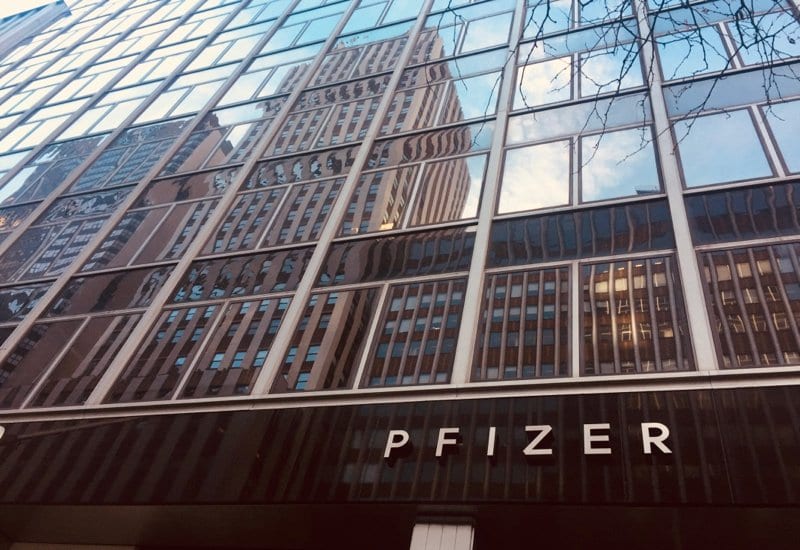
Playing a hot hand in cancer R&D, Pfizer scores its 4th drug approval in just 2 months
Pfizer’s hot hand in oncology continued this week with an FDA OK for glasdegib, an oral drug designed to throw a monkey wrench into the …
Sign up to read this article for free.
Get free access to a limited number of articles, plus choose newsletters to get straight to your inbox.